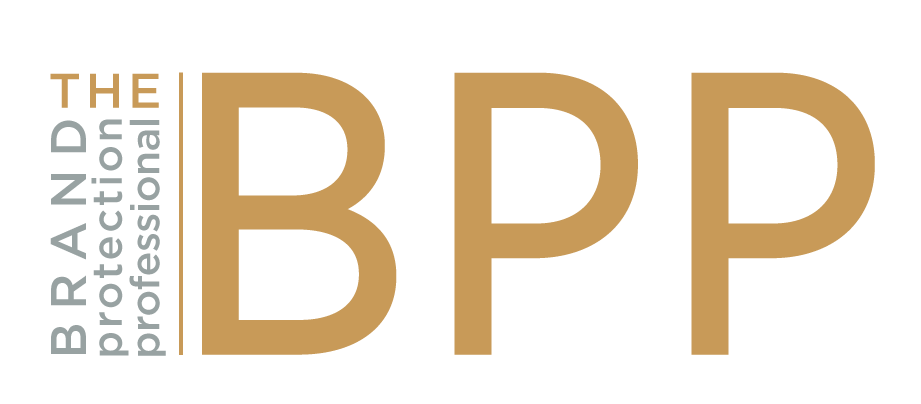FCPA: THE CAREFUL WALK FOR U.S. COMPANIES AND BRAND PROTECTION PROFESSIONALS
Tracy Garner
Manager, Anti-Counterfeiting & Unauthorized Distribution, Finance, Control-Legal Affairs, Schneider Electric
For those of us in brand protection, adhering to the U.S. Foreign Corrupt Practices Act (FCPA) (See FCPA TEXT) can be like walking a tightrope in our global anti-counterfeiting efforts. It’s important that we understand the relevant prohibitions and exceptions of the FCPA in working with foreign officials. This article will briefly discuss the history and meaning of the FCPA, how it relates to brand-protection efforts, real-life examples of corruption and bribery we face, and precautions we can take to protect ourselves from FCPA violations.
The U.S. FCPA was signed into law in 1977 by President Jimmy Carter after Securities and Exchange Commission investigations found more than 400 U.S. companies making questionable or illegal payments to foreign government officials and political interests. The FCPA has two provisions. The first is an accounting provision not discussed in this article. The second is an anti-bribery provision prohibiting the payment of money or anything of value to a foreign official to influence that official to violate their duty or give an improper advantage. It should be noted that agents or third parties engaged by U.S. entities should also follow the FCPA anti-bribery provision, as U.S. entities are liable for the actions of their third-party representatives.
Obviously, to fight counterfeits in foreign countries, we must engage with foreign officials on key activities such as registering trademarks, conducting raids, and inspecting imports. Even though we (or our agent) may be operating in a foreign country, as U.S. citizens or representatives of U.S. companies we must follow the rules of the FCPA. The challenge that arises is that certain payments or fees are often standard practice for officials in some countries. For example, some agencies may require fees to cover court filings, personnel, transportation, or removal and storage of seized goods associated with a raid. Current trends even include charging companies to train agency staff on identifying counterfeits. The drafters of the FCPA also understood this reality and put a provision for facilitating payments (sometimes called “grease payments”) that may be used to expedite the performance of the official’s routine duties that he is already bound to perform.
There are, however, two issues that arise when evaluating whether a facilitating payment is permissible. First, facilitating payments are generally prohibited in most countries outside of the U.S. Second, U.S. regulators have discouraged the use of facilitation payments, noting that the liberal use of them can create a culture of permissiveness and lead to larger bribes. All companies should therefore carefully monitor the use of facilitation payments to ensure that they are in compliance with local law and are not abused.
U.S. citizens and U.S. companies must not, of course, engage in bribery and corruption activities that violate the FCPA in our dealings with foreign officials. Unfortunately, we are likely, in our fight against counterfeits, to witness others clearly offering bribes to authorities. For example, one brand owner observed a police officer escort a suspect to an ATM to withdraw cash; a short time later, the brand owner was informed that the investigation did not find any counterfeiting activity (Personal Communication, 20161 ). Engaging multiple agencies rather than a single agency on such a case might prevent such behavior. Another brand owner had arranged a raid with the local authority, only to learn the suspect’s store had been cleared of all counterfeits after the target had been tipped off in exchange for a monetary payment (Personal Communication, 20162 ). One way to avoid tipping off a target is to withhold the name and address of the location from the authorities until the “last minute”.
To ensure they adhere to the FCPA, brand-protection professionals should get approval from their Legal team or management before paying fees or making any other payments to foreign officials. If making a payment to a foreign official, brand-protection professionals should obtain documentation, such as a formal receipt from the agency of the official (not the individual official). They should also make sure that any third parties are aware of the restrictions of the FCPA, agree in writing to adhere to its principles, and proceed with a facilitating payment only when granted permission. Best practice is to include an acknowledgement and agreement to comply with FCPA in a contract. Brand-protection professionals should also train their agents periodically to ensure a full understanding of the breadth and requirements of the law.
All brand protection professionals, whether U.S. citizens or working for U.S. companies, should have a basic understanding of the FCPA and how it applies to their anti-counterfeiting activities. Diligence in vetting third-party agencies and seeking the proper approvals before allowing a facilitating payment are musts to protect yourself and your company from the severe penalties for violating the FCPA.
DEFINITIONS
A Foreign Official can include:
· Employee or agent of a foreign government-owned or controlled entity
· Employee or agent of a public international organization
· Official or candidate for a foreign political party
· Employee or agent of a foreign government
Anything of Value: No payment or gift is too small if made with corrupt intent. There is no de minimis exception. Examples include:
· Cash
· Use of company car or aircraft
· Per diems
· Tickets to sports events
· Discounts
· Gifts, including gift certificates
· Travel expenses
· Donations to political or charitable organizations
· Meals and Entertainment
· Sponsorships, scholarships or educational grants
Facilitating/Grease Payments: Payments to foreign officials to expedite “routine governmental action.” Examples include:
· Obtaining business permits, licenses, or other official documents
· Providing telephone service, power and water supply
· Processing governmental papers
· Scheduling inspections
THE BRAND PROTECTION PROFESSIONAL |DECEMBER 2016 | VOLUME 1 NUMBER 2
2016 COPYRIGHT MICHIGAN STATE UNIVERSITY BOARD OF TRUSTEES
